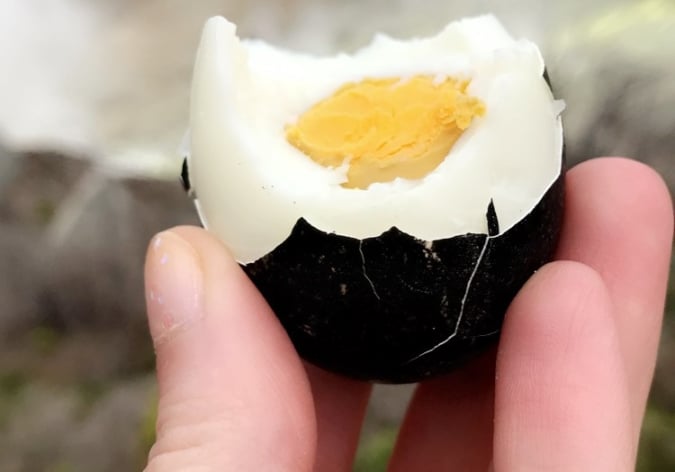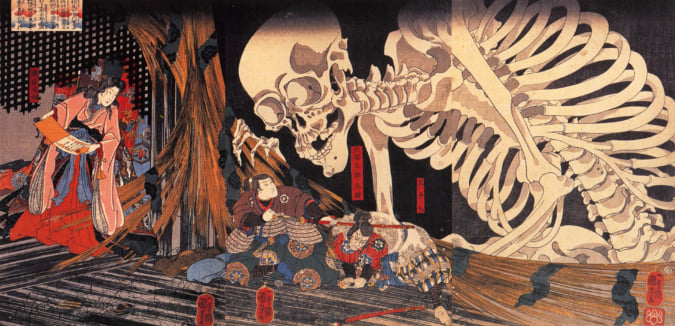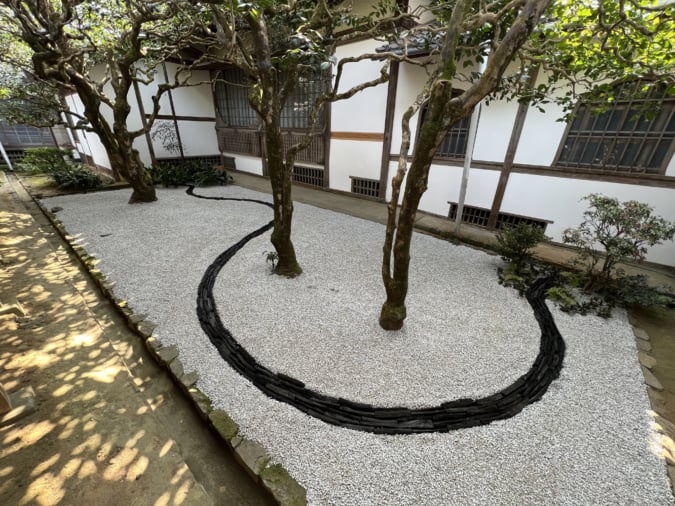Blaise Perrin’s ‘La Ronde’ on Small Acts of Heroism
The filmmaker’s first documentary work follows former police officer Yukio Shige on his daily rounds in the city of Tojinbo.
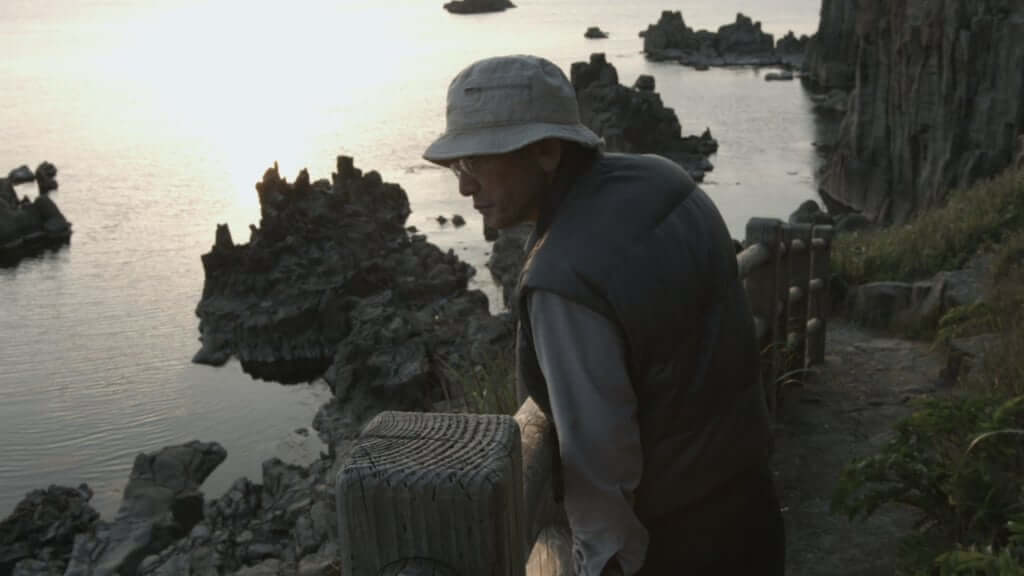
Blaise Perrin, ‘La Ronde’, Courtesy of the artist
French filmmaker and photographer Blaise Perrin’s first documentary work, La Ronde, was released in 2018, following a seven-year-long period researching and filming the work of Yukio Shige. Yukio Shige has gathered a small following over the years, revered for the work he does saving the lives of men and women who travel to the Japanese seaside resort town of Tojinbo to commit suicide. A former police officer, Yukio Shige has spent his retirement patrolling the cliffs of Tojinbo in the hopes of helping those in the most desperate of situations. Blaise Perrin’s film is softly paced and meditative, seemingly stretching out in real time over the course of an afternoon, in which Yukio Shige tracks the promontories, narrating his routines, recounting discreet anecdotes.
‘I never wanted to make a study of suicides in Japan,’ says the filmmaker, who met Yukio Shige in November 2011 after travelling to Tojinbo in search of the man who inspired Olivier Adam’s novel Le Coeur Régulier. ‘I wanted instead to create a portrait of this man, avoiding all pathos and voyeurism.’ When setting out to meet Yukio Shige, Blaise Perrin soon realised the context within which he was working. ‘It was difficult to find him,’ he says, ‘even though the town is tiny, with just one pedestrian road. But there is an entire economic system built on suicide there. Yukio Shige’s presence is an inconvenience to that.’
A tale of two towns
Blaise Perrin’s film follows Yukio Shige across the plunging vistas of Tojinbo, from the moment he begins his circuit or ronde in the bustling tourist town, to the moment when, as the light fades, the tourists begin to disperse, eventually disappearing altogether as darkness falls on the high treetops and the deep sea below. ‘This progression of light and change of décor were important’, explains the filmmaker. ‘I wanted the viewer to be able to feel the two different atmospheres.’ Shot over the course of Golden Week, the film encompasses almost the entire trajectory of Yukio Shige’s path. ‘We only gave him one direction’, says Blaise Perrin, ‘do as you would on any other day.’
The film is a considerate portrait of a single man whose quiet compassion has touched the lives of hundreds of others. While the café he set up for those he’s saved no longer exists, his work continues in other ways, having donated his personal savings to provide accommodation and shelter for those who are in need.
La Ronde (2018), a film directed by Blaise Perrin in Japanese with French subtitles.
Blaise Perrin is laureate of the 2020 Villa Kujoyama Residency in Japan where he will develop a new documentary film, continuing his work on Tojinbo.
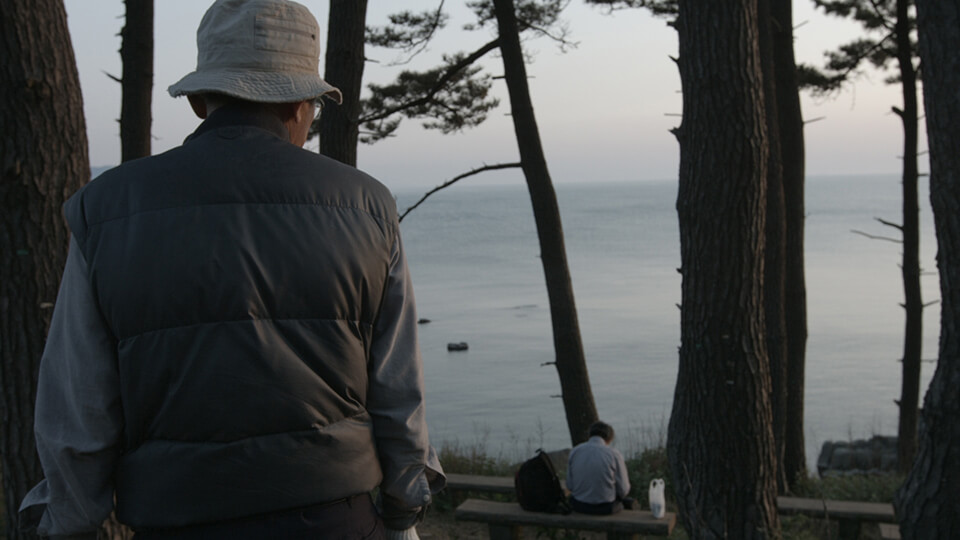
Blaise Perrin, ‘La Ronde’, Courtesy of the artist
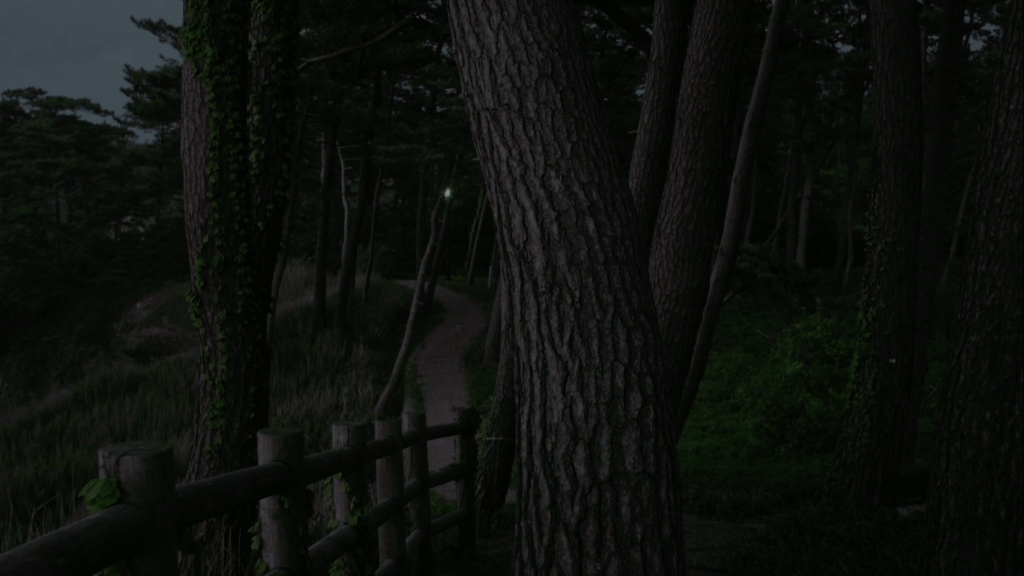
Blaise Perrin, ‘La Ronde’, Courtesy of the artist
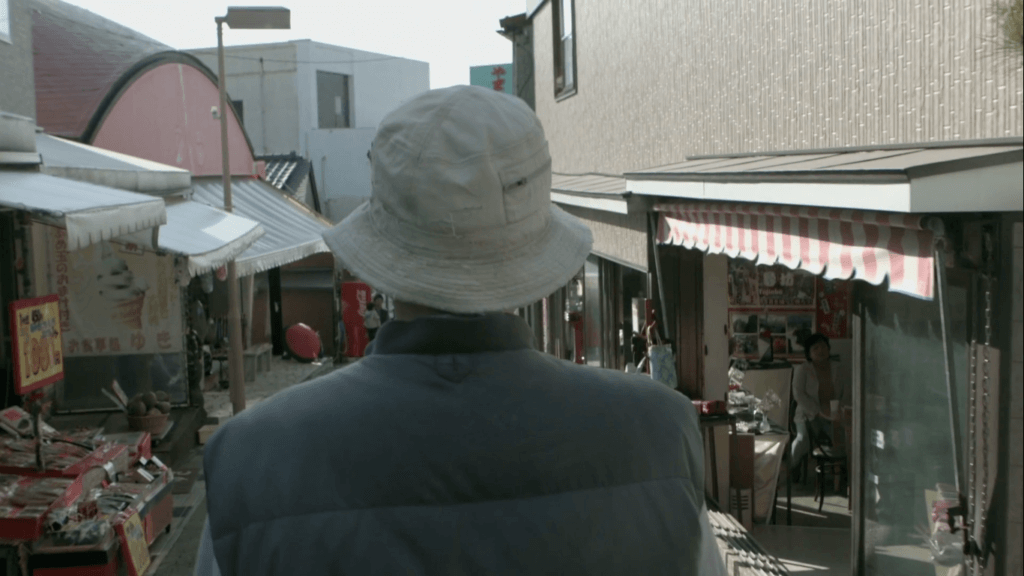
Blaise Perrin, ‘La Ronde’, Courtesy of the artist
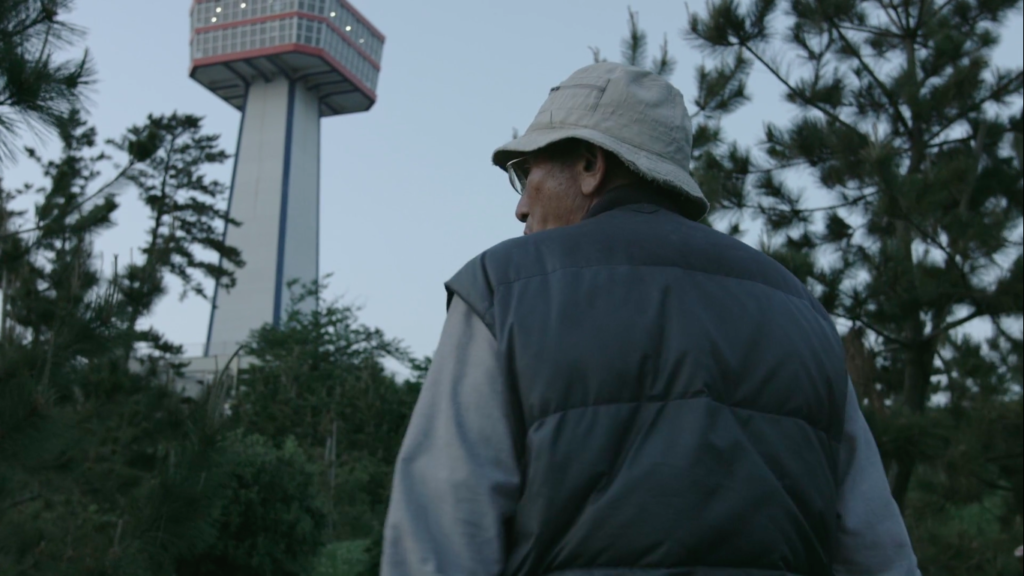
Blaise Perrin, ‘La Ronde’, Courtesy of the artist
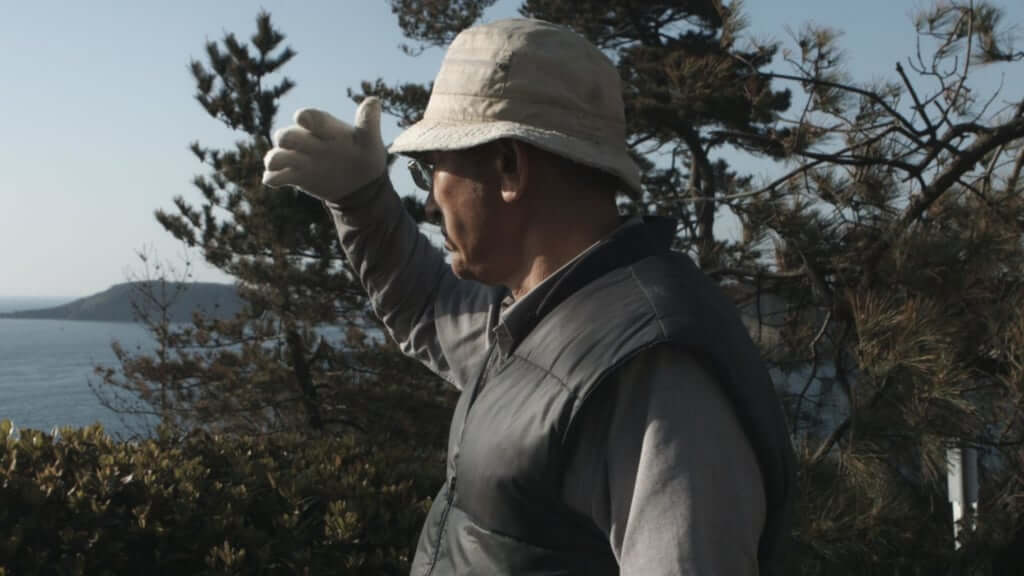
Blaise Perrin, ‘La Ronde’, Courtesy of the artist
TRENDING
-
The Tradition of the Black Eggs of Mount Hakone
In the volcanic valley of Owakudani, curious looking black eggs with beneficial properties are cooked in the sulphurous waters.

-
The Tattoos that Marked the Criminals of the Edo Period
Traditional tattoos were strong signifiers; murderers had head tattoos, while theft might result in an arm tattoo.

-
Gashadokuro, the Legend of the Starving Skeleton
This mythical creature, with a thirst for blood and revenge, has been a fearsome presence in Japanese popular culture for centuries.

-
A Rare Japanese Garden Hidden Within Honen-in Temple in Kyoto
Visible only twice a year, ‘Empty River’, designed by landscape architect Marc Peter Keane, evokes the carbon cycle.

-
‘YUGEN’ at Art Fair Tokyo: Illumination through Obscurity
In this exhibition curated by Tara Londi, eight international artists gave their rendition of the fundamental Japanese aesthetic concept.

